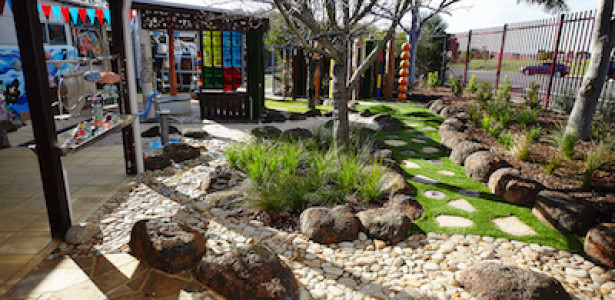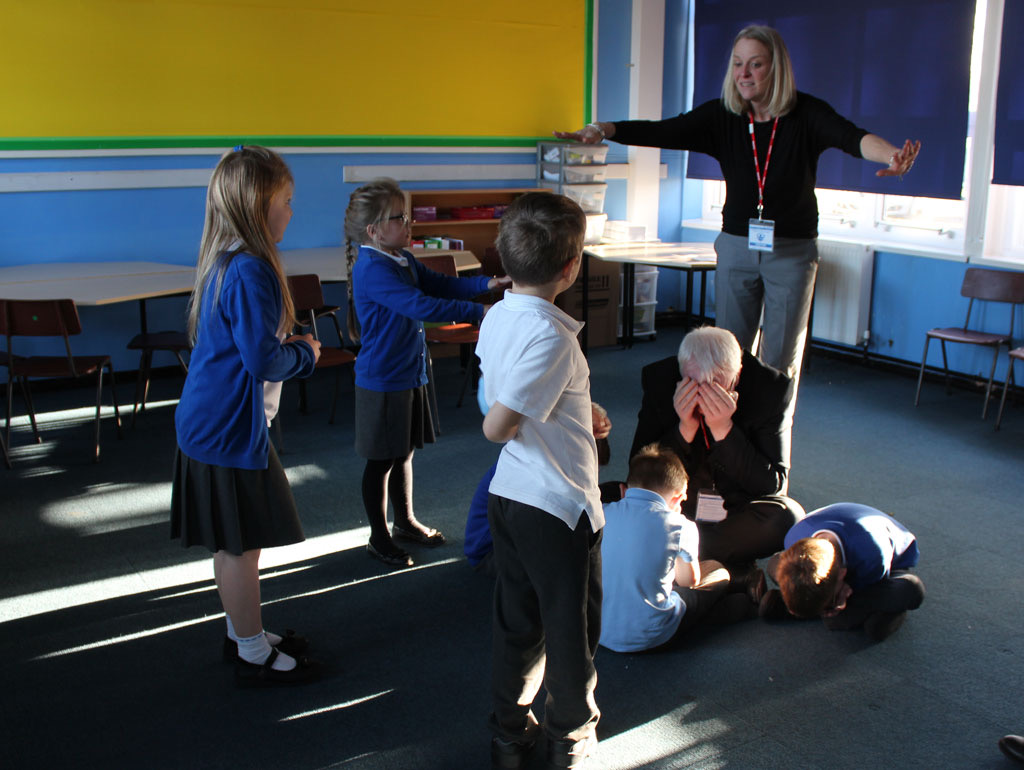Story
Between 2010 and 2020, spending per pupil in England fell by 9 per cent in real terms. The cost of living crisis has hit public services particularly hard. Schools have rising costs that despite a pledge by the government, means that the average primary school funding has faced a cut of around £40,000 compared to 2010. (Education poilicy institute, Oct 2022)
As parents we all want a positive experience for our children so hope you'll help fund 2 projects.
Sensory Garden
A sensory garden is a space containing plants and other garden ornaments that are arranged to stimulate our senses, whether thats individually or together. Beyond the obvious recreational appeal of sensory gardens, they are also a valuable educational tool, particularly for children with special educational needs (SEND). For Autistic children, sensory gardens can be a helpful way of lessening some of the sensory challenges they may experience while also encouraging them to engage with nature.
Engaging with nature is important for the development of all children as it affords them opportunities to learn, exercise and socialise with others in a more holistic way. Spending time in nature can also be beneficial for mental health. Sensory gardens are a way of enriching children's daily lives.
Beyond this, sensory gardens are a great way of introducing younger children to different plants. According to the National Curriculum, by the end of KS1, children should be able to identify and name a variety of common wild and garden plants and describe the basic structure of common flowering plants. Introducing your class or child to this topic in a sensory garden would be a fantastic way of explaining some of the trickier concepts.

Shakespeare Project
The school would like to subsidise year 5 pupils to go on a 2 day workshop where they will explore the world of Shakespeare. A visit to the Lowry and drama workshops and lots more activities to engage and learn.

 Campaign by
Campaign by 